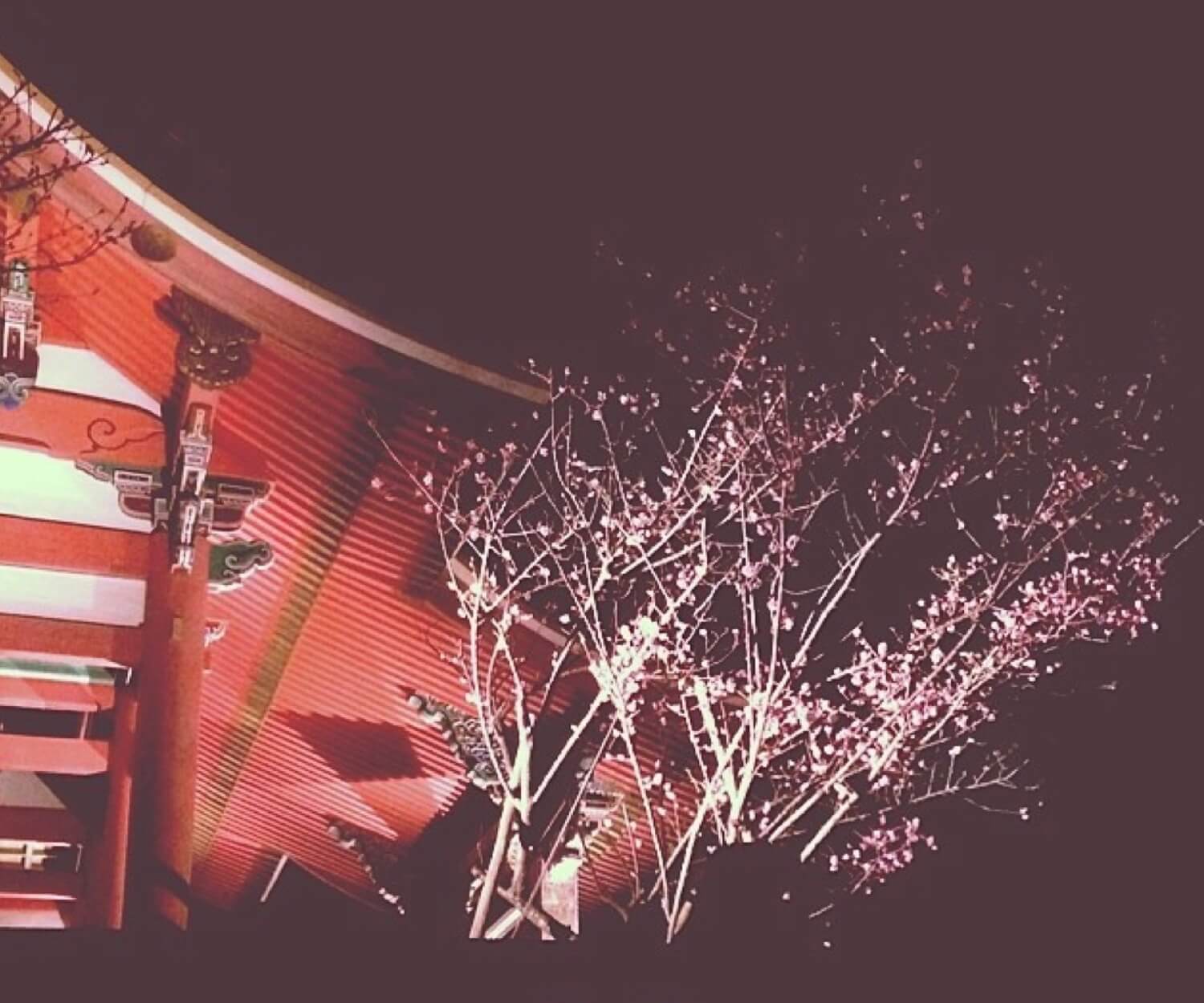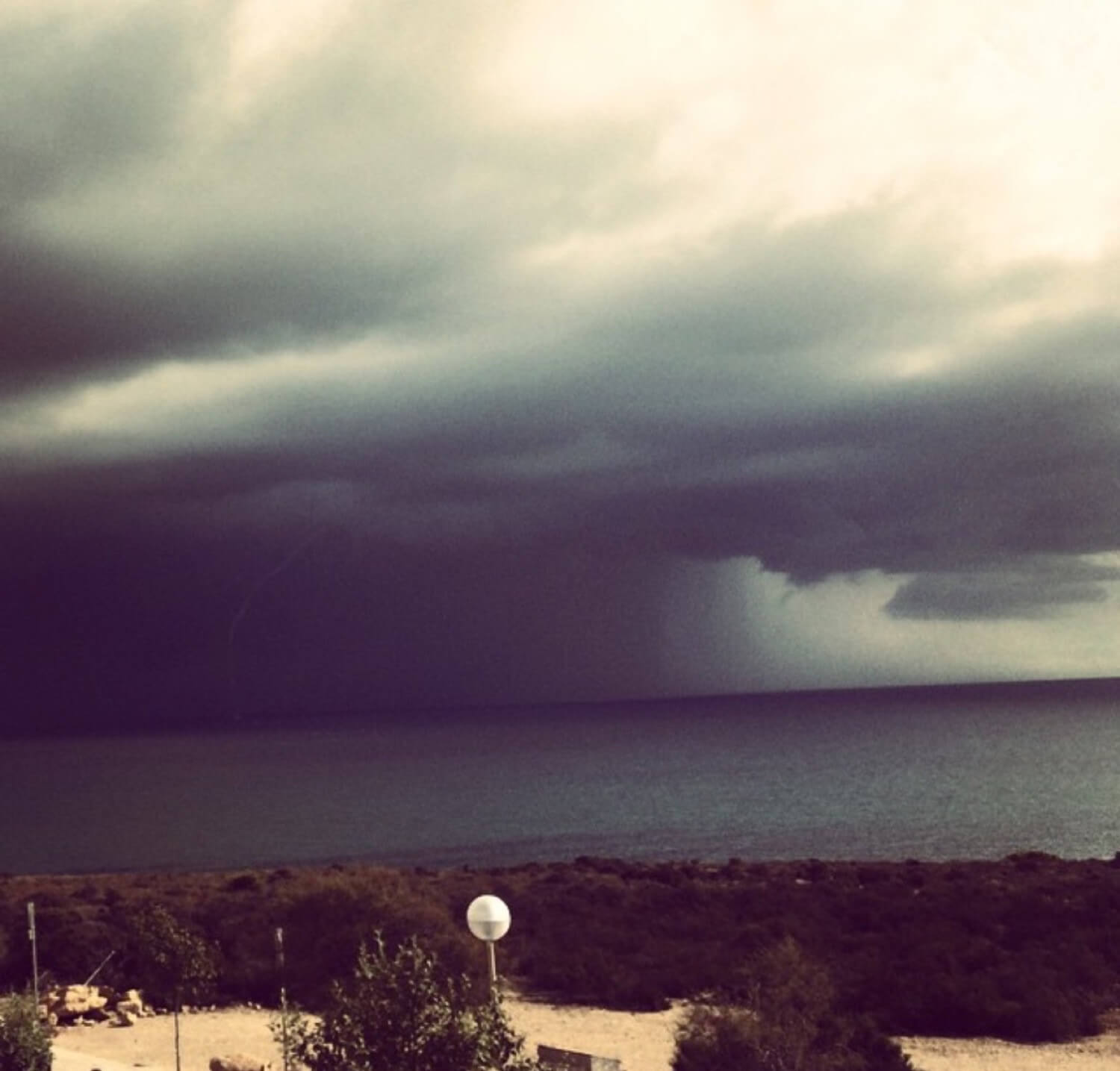Chapter 7 - Passion 6: Helping
You will develop a passion for helping others!

“The two most important days in your life are the day you are born and the day you find out why.”
- Mark Twain
- Your mission is to help others
- You can help even more
- Seriously, I mean it. Your mission is to help
- Create a product that helps, helps even more, and then some
- Helping in trying times - Earthquake in Japan
- Passion to help is even more surprising
- Yes, let me repeat again, you’re here to help
Your mission is to help others
As we discussed in the previous chapters, businesses are being created to solve problems. To help others do something more efficiently and easily. That’s especially what the Startup businesses are all about. I created Nozbe to solve my own time-management problems.
By solving my own problem I found out there are other “Michaels” out there and many more folks have the same problem. Now, every day I know there are thousands upon thousands of people and companies that rely on my software to manage their lives. I literally make their lives better by providing this service. This feeling is incredible. And when I receive emails from the people saying how thankful they are for my solution, I’m the happiest person alive.
Here’s where the passion to help kicks in. When we design our stuff, we are focused on helping others. We make decisions based on this. We keep asking ourselves “will this new feature really help or will it just be a nice thing to have”… and then we decide. Again, we are here to help, and many more startups must understand that this kind of passion is really necessary to build a fantastic product and run a passionate startup.
You can help even more
I’m constantly trying to see how we can help others even more. I’ve seen many startups dedicate some of their profits to charities or directly getting involved in doing charitable work. In my company we’re trying to do these things as well. The passion to help (as any other types of passion) is contagious and once you’ve helped a little and felt the rewarding feeling of doing so, you want to help more. It’s amazing.
What I’ve found even more rewarding is when your startup product helps beyond your imagination, when it’s used for something more than just business. When it really helps those in need and changes the world. That’s the ultimate stage of helping and it’s the most rewarding one.
Ultimately, the passion to help makes you feel like you’re really alive and that there is a higher purpose to all the things you’re doing.
“Service isn’t limited to saving lives or the environment. It can also improve life. If you are a musician and put a smile on the faces of thousands or millions, I view that as service. If you are a mentor and change the life of one child for the better, the world has been improved. Improving the quality of life in the world is in no fashion inferior to adding more lives. Service is an attitude. Find the cause or vehicle that interests you most and make no apologies.”
- Tim Ferriss, author of “The 4-Hour Workweek”
Seriously, I mean it. Your mission is to help
Many startup founders think their mission is to create a social-media-thingy that will quickly grow users and when it does, it will open the doors to get high VC funding and later get really rich quickly.
I’m very active in Startup Community in Europe, in my home country of Poland and I also take part in the startup meetings in Silicon Valley whenever I get a chance. I see this get-rich-quick attitude all of the time and it pains me to see it. I mentioned this already in the “Money” chapter in this book.
Create a product that helps, helps even more, and then some
When you help and solve real problems more elegantly than the other guys, people notice. This is what inspires folks and this is your mission. A startup without “help” in its DNA is simply not the way to go. Your job is to be passionate about helping others through your software and only then you’re doing your job and achieving greatness. Life is short, and we should use our talents to help others… while building a great business along with it. And the business will be great only if people feel you’re really helping.
Many great startups are doing exactly this. Harvest, a time-tracking startup has a fantastic product that helps people and companies track their time and bill their clients. They go one step further by giving free access to their software to other new startups who convince them they are also building a fantastic service and want to track their time with Harvest. Great mission to help.
Basecamp (formerly 37signals) build very simple to use web apps that let you manage information, projects, people, etc. and they spend lots of time on their blog teaching others how they actually built their products. They say they want to “out-teach” their competition by showing other aspiring startup owners how they can achieve a similar type of success. I should know, they inspired me to build Nozbe in the first place and I keep following their advice when running my own startup. These guys even shared the back-end of their software (“Ruby on Rails” programming system) for free as open source and many great companies (including Twitter) were born based on their system.
These companies are really passionate about helping others. This makes them even more successful. They have raving fans (and not simply “customers”) and they are doing really great.

Helping in trying times - Earthquake in Japan
In this chapter I’d like to share with you my personal story of how my passion to help got ignited by some really passionate people in very trying times… and how my software was helping a lot more than any amount of money would.
In Japan just in time for the biggest Earthquake
As my application became popular in Japan I decided to visit the country to get to know my users. It was March 2011 when I came to Tokyo and spent a few fantastic days getting to know people and the country. I felt three quite strong earthquakes while being in the town, but Japanese people assured me that it was “normal”…
Our plan involved doing a road-show tour by visiting two more cities: Osaka and Fukuoka. On Friday, March 12, we began our journey with the bullet train (Shinkansen) to Osaka. The train stopped 30 minutes from Osaka and they announced a big earthquake.
It was THE earthquake. The biggest in Japanese history, but we didn’t know it then. I remember thinking: “What’s the fuss all about? After all they have earthquakes here all of the time, right?”. Boy was I wrong.
I wasn’t alone. I think nobody really realized what had just happened. In Osaka we spent the evening with our users in a meet up in a local Apple Store. People showed up. We had a blast. Everything went great.
When we came back to the hotel after the event and turned on the TV we realized what had happened. The biggest earthquake ever caused tsunami waves that completely destroyed the region of Sendai, a little north of Tokyo. We were devastated, confused and didn’t know what to do. We were supposed to fly out the next day to Fukuoka to promote Nozbe there… we didn’t feel like doing this anymore.
I was with Kiran-san (my PR representative in Japan) and Zono-san (the author of the Japanese Nozbe book). Over the breakfast we talked about our options and decided to fly out to Fukuoka if the plane goes and meet with whoever comes but not to do a real event there.
Zono-san was browsing his Twitter feed and told me that Japanese people, instead of panicking, share useful information between each other. Mobile phones connected to the Internet still worked in most places and Twitter turned into the best channel to share information in these trying times. He later pointed out to me that Evernote, a company we work with, asked users to share their Evernote Notebooks as public information with other folks. My mum sent me an email with a short to-do list - what to do in case of an earthquake hit.
These three pieces of information magically merged in my head and I realized what we should be doing. I thought we should enable people to create public to-do lists with useful information inside our application (which core functionality is a to-do list after all) that would be sharable with the entire world and that would be re-usable and viewable on any computer, mobile phone including the not-so-smart phones which have access to the internet. It all just clicked together. I sketched the idea on the plane to Fukuoka and when we landed I told Zono-san we might have a way to help Japanese people not with money directly but with software.
Before the planned Fukuoka meet up I woke up my CTO Tomasz (it was 8 am on Saturday in Europe) and told him what we’re planning to do and that I needed his help. We are supposed to code a new feature in 24 hours to make sure it really helps. He offered to build the groundwork for the feature and I offered to code later, too.
In the Apple Store we presented our idea to the people that came (and more than 30 people showed up anyway!) and among them there were leading Japanese social media experts and influencers. They literally took the project from me. They decided to publish first public projects once the functionality goes live and reach for others to publish more useful projects. They also offered to browse actively through Twitter to find more useful information and share it, too. I was surprised and totally humbled. After the event we had a dinner and they politely asked me to go to my hotel room and code the feature. They said there was no time to lose. They were right.
I went to the hotel room at 11 pm and started coding. My CTO did a great job of preparing the groundwork. It was my time to dig out my programming skills and do something useful now. At 3 am Zono-san visited me in my room, told me what the guys have done already and brought me some tea. I wasn’t finished but I was close. At 5 am I decided I needed a nap. Woke up at 8 am and continued coding. After the breakfast I started testing the feature with Zono-san and later on the plane… and at 4 pm Japanese time when we landed in Tokyo, the feature was ready to go live. Tomasz, my CTO, woke up at 8 am in Europe on a Sunday and asked how I was doing. He revised my code, found a few bugs and fixed them and we pushed the feature to the production server. I almost passed out. The Japanese social-media guys took it from there and started working for 2 weeks straight on gathering useful information and spreading the public projects to the stricken areas.
The outcome? More than 2000 public projects created, more than 100,000 people viewing these projects and more than 30% were from Sendai area (the area most stricken by the earthquake and tsunami) - which just proves that this small feature worked and really helped. Amazing.
When you help, you feel even more alive
When I came back to Tokyo with this new feature built I felt an earthquake every hour (the aftershocks) and although I was scared (and my family was literally freaking out) I was confident that I came to Japan to do all this. When people asked me later if I regretted going to Japan in this dreadful moment I always respond: “no way”. I wouldn’t have done all this. I wouldn’t have worked so closely with so many inspiring people on something larger than our lives. It was a great time to be alive. My greatest to this date. This is what happens if you’re passionate to help.
Successful people are always looking for opportunities to help others. Unsuccessful people are always asking, “What’s in it for me?”
- Brian Tracy, motivational speaker

Passion to help is even more surprising
When you solve your own problem by building a startup you never know if you’re this weird person who just happens to have this stupid issue with something or are there more people struggling with the same thing and can be helped. When you realize there are thousands (if not millions) of people who also need help through your solution, it’s a surprise that brings a smile to your face and makes you feel great every morning waking up.
1. Surprised by impact and reciprocity
When you help, you have an impact on others. And as they say: “what goes around comes around”. You’ll be surprised by the impact your help evokes and by the number of beautiful emails you’ll receive from people all around the world.
You know, I’m just this guy from Poland, a country in the Central-Eastern Europe and have this small company that has impact on hundreds of thousands of professionals from all over the world with my software product. Anyone can do it and anyone can have this kind of impact. And it’s totally amazing.
What’s even more surprising is the reciprocity that I experience every single day. People give back when you help. They want to help you, too. Thanks to my passion to help I connected with people from all over the world I’d never think I’d be able to connect to.
2. Surprised how you get better at helping
When you’re passionate about helping, you get new ideas. Just like my sudden idea of a public project feature in the moment of experiencing the biggest earthquake in Japan. The passion to help works subconsciously inside of you and your organization and you get great ideas just because you care. And because those around care as much as you.
Just like with everything - you get better at doing something when you do it. When you help, you get better at helping and it shows in everything that you do. And it relates to people and inspires them. Thus you build a startup that is different from all these me-too products. You help, you care, it shows.
“What you do for yourself dies with you when you leave this world, what you do for others lives on forever.”
- Ken Robinson, author of “The Element: How Finding Your Passion Changes Everything”
Yes, let me repeat again, you’re here to help
That’s why out of all the passions in this book, I’d say the passion to help is the one that really should form the basis of your mission and of your being. You build a great startup to help others. That’s all that you do. That’s all you should be doing.
And this passion helps you connect with other passionate people. That’s what the next chapter is all about.